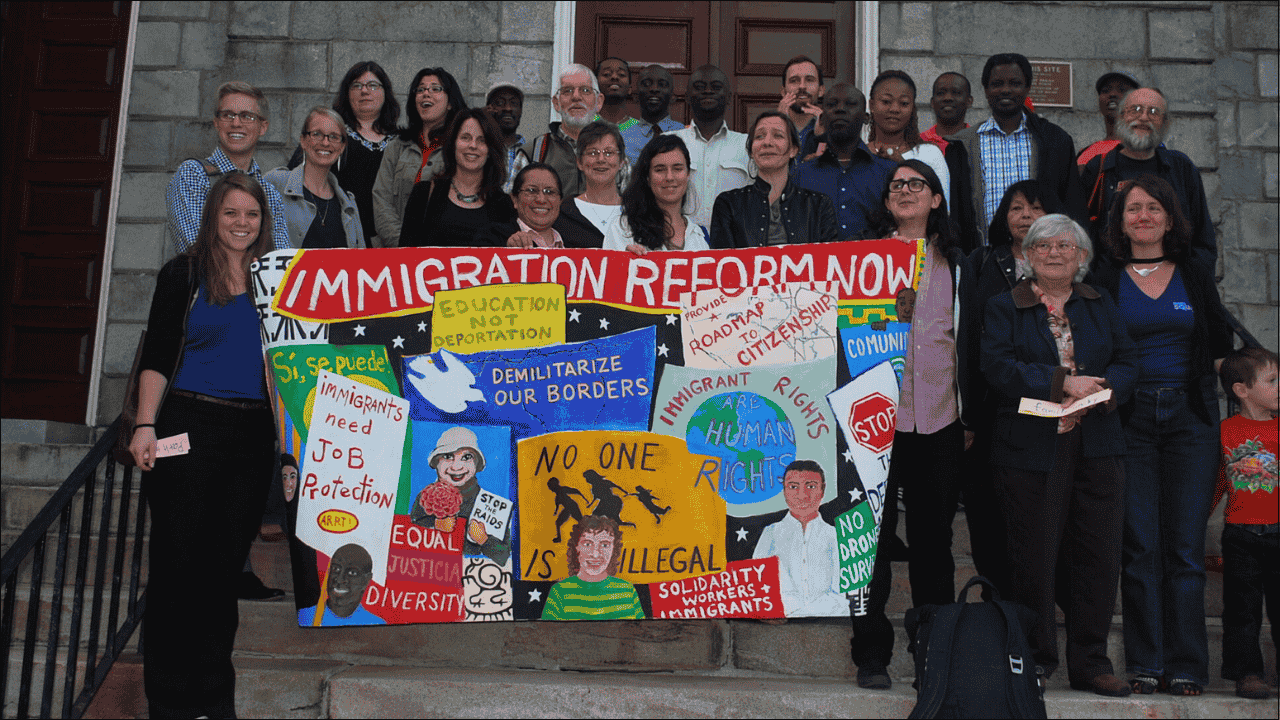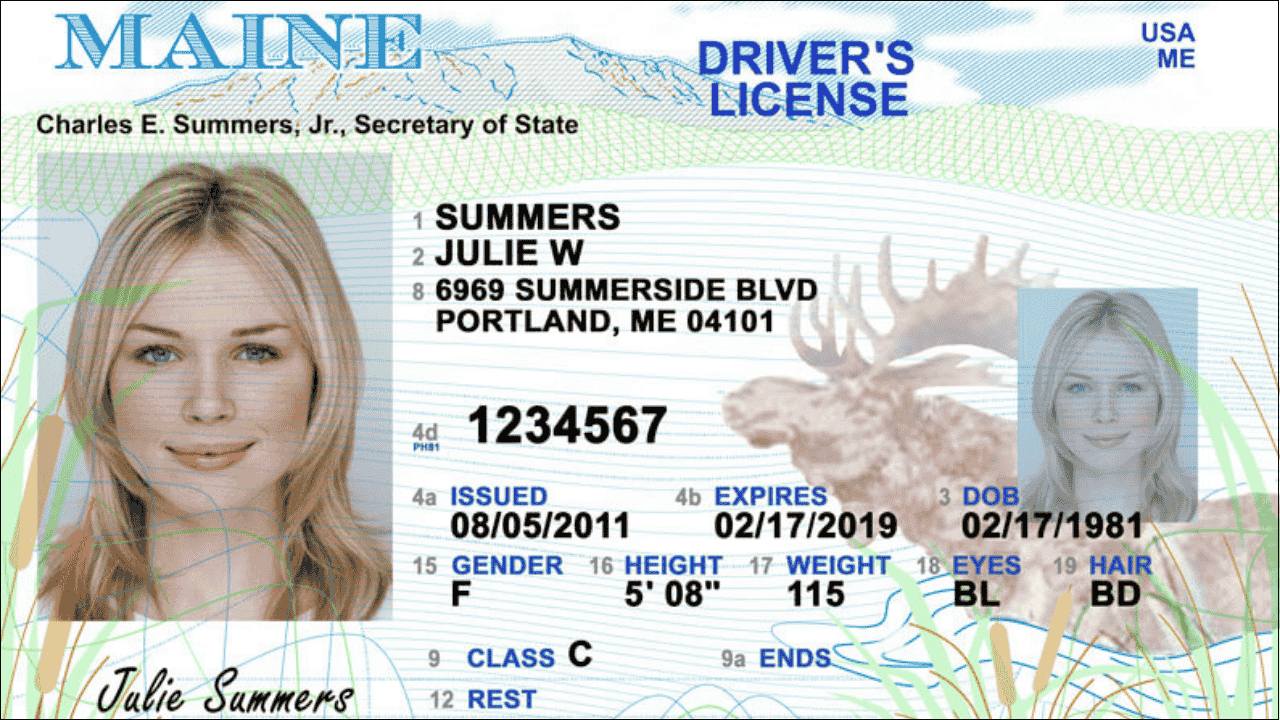
Starting a small business as an immigrant or refugee brings both opportunities and challenges. Language barriers, legal issues, and unfamiliar markets can seem difficult at first. However, strong motivation, hard work, and community support can help newcomers build successful businesses. This guide provides practical steps and key points to help immigrants and refugees start their own small businesses in a new country.
Table of Contents
Understanding Local Laws and Business Rules
Legal knowledge builds the foundation of any successful business.
- Business Registration
• Business must be registered according to the local government rules.
• Structure can be sole proprietorship, partnership, LLC, or corporation.
• Name of the business should be unique and approved by the authorities. - Work Authorization
• Immigrants and refugees must hold the correct visa or permit.
• Refugees usually receive work authorization automatically.
• Immigration services or local NGOs can help check eligibility. - Licenses and Permits
• Type of business decides what licenses are needed.
• Food, health, or retail businesses often require special permits.
• Local city or state offices provide clear permit details. - Taxes and Financial Rules
• Business must follow local, state, and national tax laws.
• Taxpayer Identification Number (TIN) is needed.
• Consulting a tax advisor ensures proper tax filing.
Choosing the Right Business Idea
A good business idea matches your skills and market needs.
- Skills and Experience
• Personal background helps decide the best business type.
• Tailoring, cooking, home repair, or translation services are common.
• Previous work experience in your home country can be useful. - Community Demand
• Community needs create business opportunities.
• Food shops, ethnic goods, language classes, or cleaning services often do well.
• Speaking with neighbors and local groups helps understand demand. - Low-Cost Startups
• Businesses that need less money in the beginning work better.
• Online shops, food delivery, or beauty services need less investment.
• Renting equipment instead of buying can save money.
Business Ideas Suitable for Immigrants and Refugees
| Business Type | Skills Needed | Startup Cost | Popular in Areas |
|---|---|---|---|
| Food Catering | Cooking | Low | Urban and suburban regions |
| Tailoring/Alterations | Sewing | Very Low | All neighborhoods |
| Cleaning Services | Basic cleaning skills | Medium | Offices, homes, apartments |
| Translation Services | Language fluency | Low | Multilingual communities |
| Online Retail | Computer skills | Medium | Anywhere with internet |
| Childcare Services | Patience, experience | Medium | Residential zones |
Building a Simple Business Plan
A clear plan increases the chance of long-term success.
- Business Goals
• Goals should be specific, like earning $1,000 per month in 6 months.
• Setting short-term and long-term goals gives direction. - Target Customers
• Customers could be neighbors, local businesses, or immigrant groups.
• Creating customer profiles helps focus marketing. - Budget and Expenses
• List of startup costs, daily expenses, and expected income is needed.
• Budget should include rent, supplies, transport, and emergency savings. - Marketing Plan
• Flyers, social media, and word-of-mouth are useful for promotion.
• Offering discounts or referrals can attract new customers.
Getting Financial Support
Finding money to start a business may be hard, but options exist.
- Personal Savings
• Many immigrants use savings or family support to start.
• Keeping some money aside for emergencies is wise. - Microloans and Grants
• Small business loans are available for low-income entrepreneurs.
• Refugee-specific grants are offered by NGOs and government groups. - Nonprofit Organizations
• Many NGOs offer business training and funding help.
• Groups like the International Rescue Committee support refugee businesses.
Funding Options for Newcomers
| Source | Who Can Apply | Loan/Grant Size | Conditions |
|---|---|---|---|
| Kiva Microloans | Immigrants & refugees | $500–$15,000 | No credit check, community support |
| SBA Loans (USA) | Legal residents | Varies | Requires a business plan |
| Local NGOs | Refugees | Small grants | Must attend training or mentoring |
| Personal Savings | Anyone | Flexible | No repayment, personal risk involved |
| Credit Unions | Low-income groups | Small to medium | Requires residency and ID proof |
Learning and Networking
Support from others can help your business grow faster.
- Mentorship Programs
• Mentors offer advice and guidance.
• Many immigrant-focused programs connect new business owners with local experts. - Business Training
• Free or low-cost classes teach marketing, accounting, and sales.
• Online platforms, libraries, and nonprofits offer lessons. - Local Business Groups
• Joining groups increases visibility and trust.
• Networking events offer chances to meet potential customers or partners.
Marketing Your Business
Promotion helps people learn about your business and builds trust.
- Word of Mouth
• Satisfied customers can recommend your services.
• Asking friends and family to spread the word can help. - Online Presence
• A Facebook page or Google Business profile improves visibility.
• WhatsApp groups or local forums are useful for immigrant-owned services. - Community Events
• Local fairs, cultural festivals, or farmer’s markets are great for promotion.
• Offering free samples or discounts attracts attention.
Managing Growth and Challenges
Every business faces problems, but preparation makes a big difference.
- Language Barriers
• Translators or bilingual staff can help.
• Language classes improve communication. - Legal and Tax Issues
• Keeping receipts and records avoids future problems.
• Hiring a part-time accountant can reduce errors. - Customer Trust
• Good service builds reputation.
• Clear pricing and honest communication are important.
Common Challenges and Solutions
| Challenge | Solution |
|---|---|
| Language difficulties | Take free language classes, hire a helper |
| No credit history | Use microloans or peer lending platforms |
| No business experience | Join training workshops or find a mentor |
| Limited capital | Start small, reinvest profits |
| Lack of customers | Improve online visibility, offer deals |
Summing Up
Starting a small business as an immigrant or refugee may seem hard at first, but it becomes possible with the right steps. Understanding local rules, choosing the right business idea, finding support, and learning continuously can make the path easier. Every small step counts, and with time and effort, newcomers can build strong, successful businesses that not only support their families but also contribute to their new communities.





